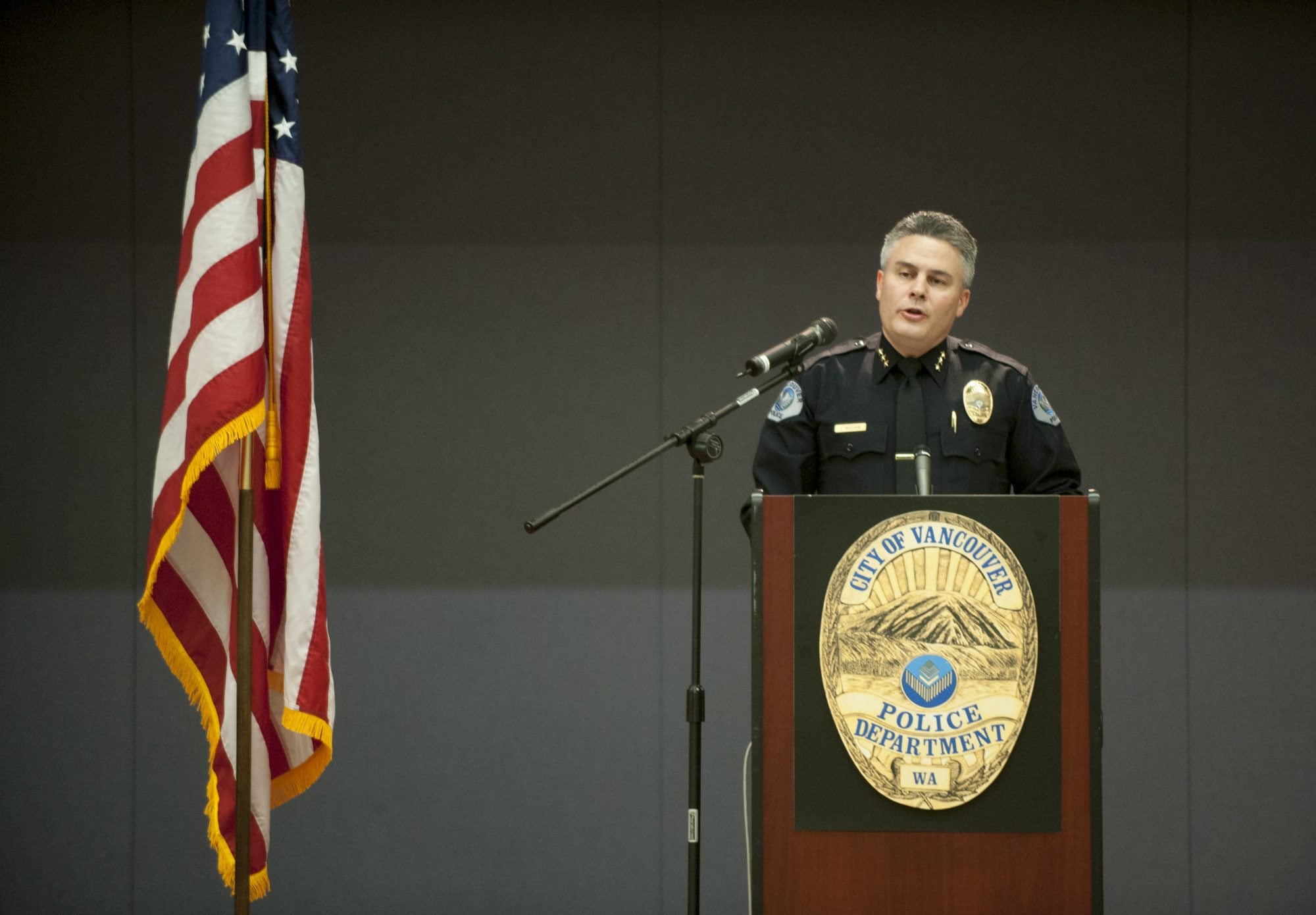HARTFORD, Conn. — Police departments are relaxing age-old standards for accepting recruits, from lowering educational requirements to forgiving some prior drug use, to try to attract more people to their ranks.
The changes are designed to deal with decreased interest in a job that offers low pay, rigorous physical demands and the possibility of getting killed on duty all while under intense public scrutiny. There’s also the question of how to encourage more minorities to become police officers.
“We have a national crisis,” said Eugene O’Donnell, a former New York City police officer and now a lecturer at John Jay College of Criminal Justice in New York. “For the first time in my life, I would say I could never recommend the job. Who’s going to put on a camera, go into urban America where people are going to critique every move you make? You’re going to be demonized.”
There’s no national standard for becoming an officer; it’s left up to each state to set requirements. In general, prior drug use or past brushes with the law, however minor, have been enough to bar someone from becoming an officer. On top of that are physical fitness standards that have long been academy graduation requirements. And even after graduation, recruits often face a background check that might include a credit-history review.



